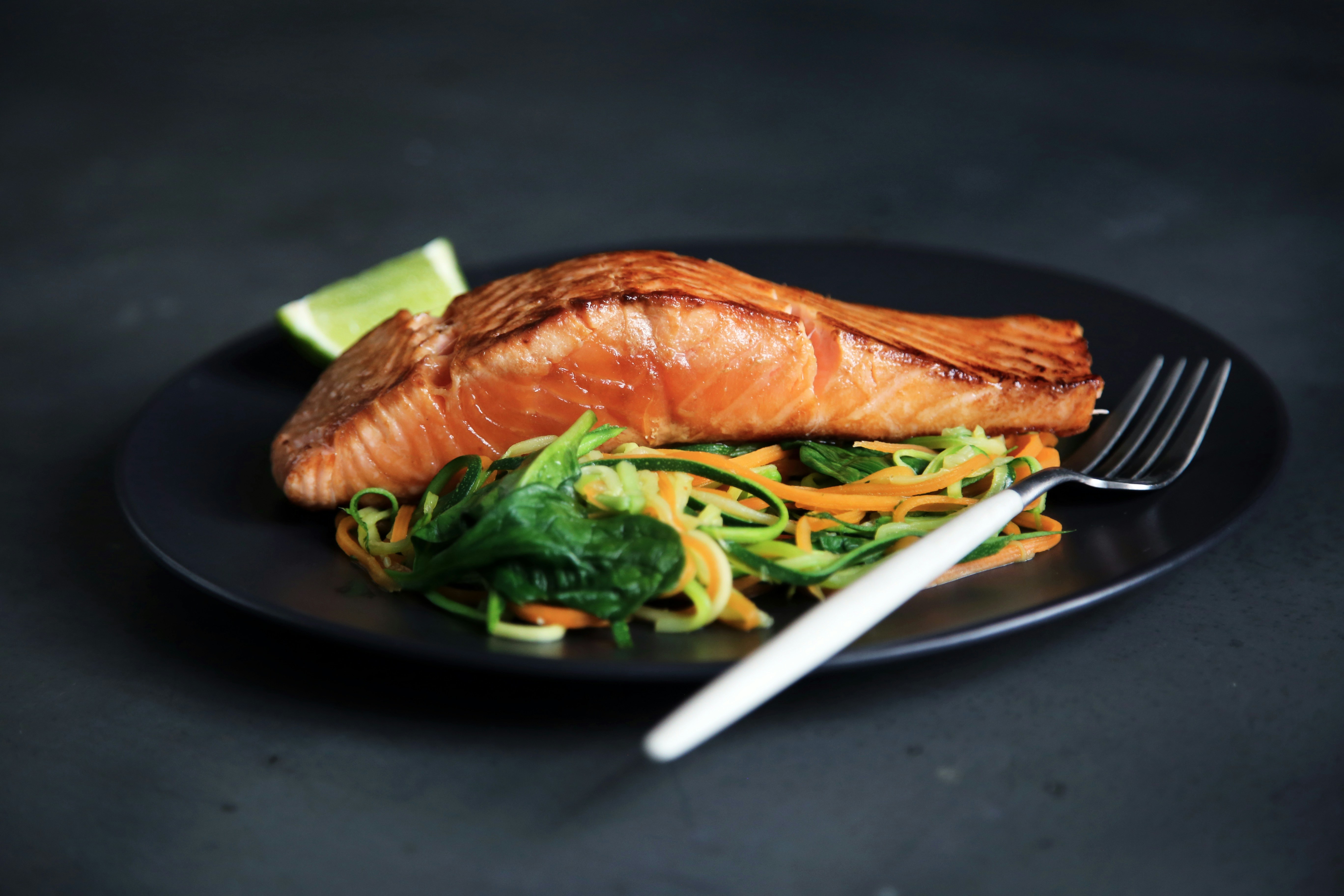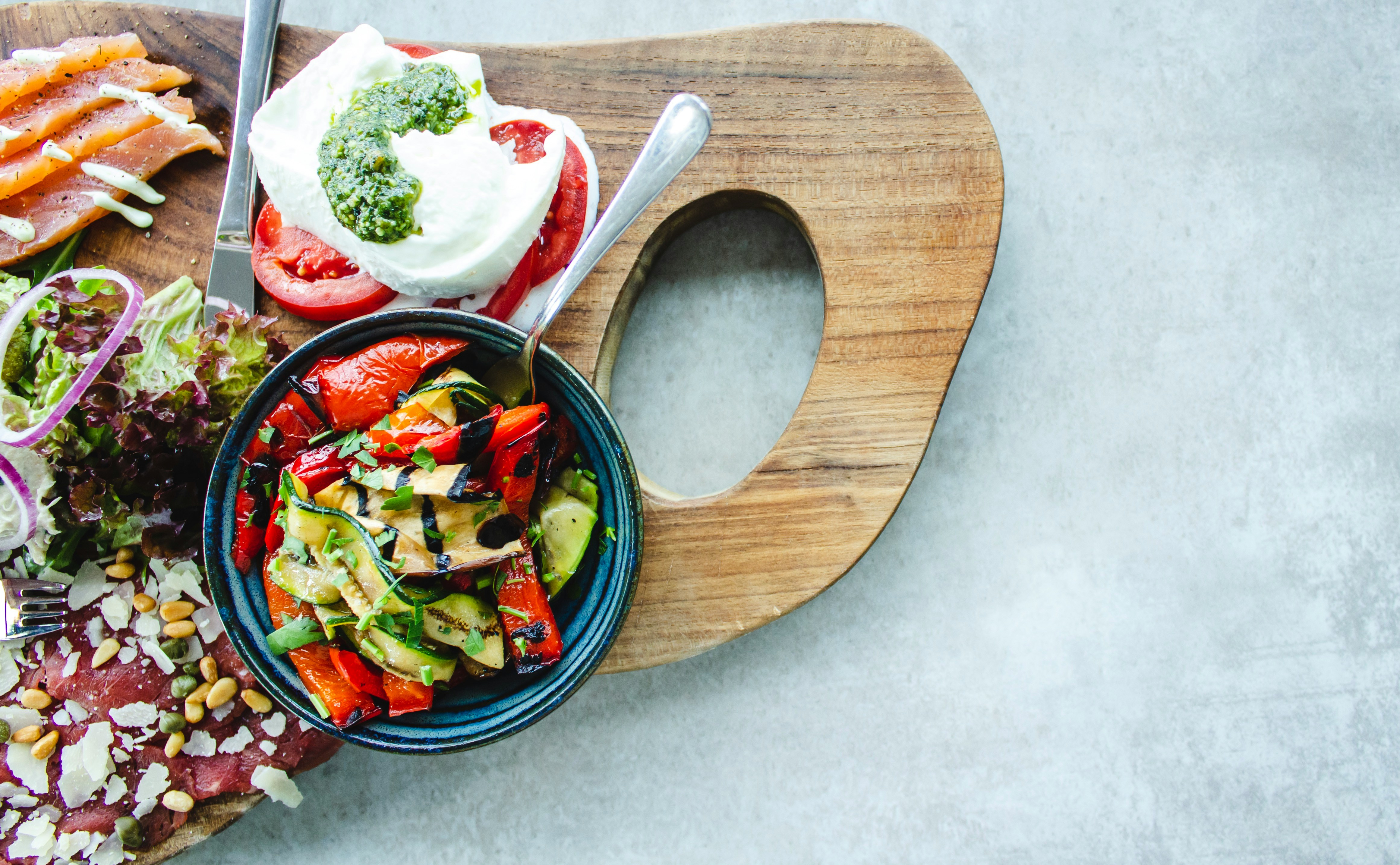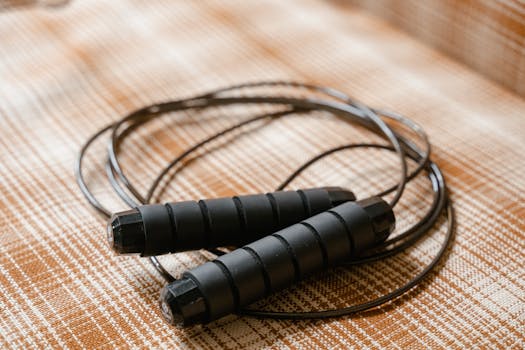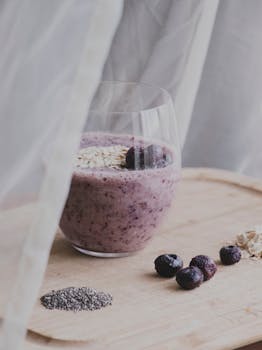The Menopause Diet: A 5 Day Weight Loss and Wellness Plan
Nov 12, 2024
As women navigate the transition of menopause, maintaining a healthy weight and managing symptoms can become a significant challenge. Hormonal fluctuations, metabolic changes, and lifestyle factors often contribute to weight gain, fatigue, and other discomforts. However, embracing a well-designed menopause diet can provide the nourishment and support your body needs during this transformative phase.
Understanding the Menopause Diet
The menopause diet is a holistic approach that focuses on nutrient-dense, hormone-balancing foods to support weight management, bone health, and overall well-being. By incorporating specific nutrients and dietary strategies, this plan aims to alleviate common menopausal symptoms—such as hot flashes, mood swings, and sleep disturbances—while promoting a healthy weight and reducing the risk of chronic diseases.
Key Principles of the Menopause Diet
1. Emphasize Plant-Based Foods
Plant-based foods are rich in fiber, antioxidants, and phytoestrogens, which can help regulate hormone levels and support overall health during menopause. Include a variety of:
Fruits and Vegetables: Aim for colorful options like berries, leafy greens, and cruciferous vegetables.
Whole Grains: Choose brown rice, quinoa, oats, and whole-grain bread.
Legumes: Incorporate beans, lentils, and chickpeas for added protein and fiber.
Nuts and Seeds: Flaxseeds, chia seeds, almonds, and walnuts offer healthy fats and nutrients.
2. Choose Lean Protein Sources
Protein helps maintain muscle mass, supports bone health, and promotes satiety. Opt for:
Fish: Salmon, mackerel, and sardines provide omega-3 fatty acids.
Poultry: Skinless chicken or turkey.
Plant-Based Proteins: Tofu, tempeh, and edamame.
Low-Fat Dairy or Alternatives: Greek yogurt, cottage cheese, or fortified plant-based milks.
3. Incorporate Healthy Fats
Healthy fats regulate hormone levels, reduce inflammation, and support brain function. Include sources like:
Avocados
Olive Oil
Fatty Fish
Nuts and Seeds
4. Stay Hydrated
Proper hydration can alleviate hot flashes, improve skin health, and support overall bodily functions. Aim for at least:
Eight glasses of water daily
Herbal teas
Infused water with fruits or herbs
5. Limit Processed Foods and Added Sugars
Reducing intake of processed foods and sugars can help manage weight and blood sugar levels. Avoid:
Sugary drinks and snacks
Refined grains
High-sodium packaged foods
The 5-Day Menopause Diet Plan to Lose Weight
To help you get started, here's a comprehensive 5-day menopause diet plan designed to support your health and weight management goals.
Day 1
Breakfast:
Overnight Oats:
1/2 cup rolled oats
1 tablespoon chia seeds
1 cup almond milk
Top with mixed berries and a drizzle of honey
Snack:
Greek Yogurt Parfait:
1 cup Greek yogurt
Handful of mixed nuts
Sprinkle of cinnamon
Lunch:
Spinach and Grilled Chicken Salad:
Fresh spinach leaves
Grilled chicken breast slices
Cherry tomatoes and cucumber
Avocado slices
Drizzle of olive oil and balsamic vinegar
Snack:
Veggie Sticks with Hummus:
Carrot and cucumber sticks
3 tablespoons hummus
Dinner:
Baked Salmon with Quinoa and Roasted Brussels Sprouts:
6 oz salmon fillet baked with lemon and herbs
1/2 cup cooked quinoa
Roasted Brussels sprouts tossed in olive oil

Day 2
Breakfast:
Avocado Toast with Egg:
1 slice whole-grain bread toasted
Mashed half avocado
1 fried or poached egg
Snack:
Apple Slices with Almond Butter:
1 medium apple
2 tablespoons almond butter
Lunch:
Hearty Lentil and Vegetable Soup:
Lentils simmered with carrots, celery, and tomatoes
Side of whole-grain crackers
Snack:
Berry Medley with Coconut Flakes:
Mixed berries
Sprinkle of unsweetened coconut flakes
Dinner:
Grilled Chicken with Sweet Potatoes and Sautéed Kale:
Grilled chicken breast
Roasted sweet potato wedges
Kale sautéed with garlic and olive oil
Day 3
Breakfast:
Green Smoothie:
Handful of spinach
1 banana
1 cup almond milk
1 tablespoon chia seeds
Snack:
Edamame:
1 cup steamed edamame with a sprinkle of sea salt
Lunch:
Tuna Salad on Mixed Greens:
Tuna mixed with Greek yogurt and diced celery
Served over mixed greens with sliced tomatoes and cucumbers
Snack:
Trail Mix:
Handful of mixed nuts and dried fruits
Dinner:
Vegetable Stir-Fry with Tofu and Brown Rice:
Tofu cubes sautéed with bell peppers, broccoli, and carrots
Served over 1/2 cup cooked brown rice
Seasoned with low-sodium soy sauce and ginger

Day 4
Breakfast:
Whole-Grain Cereal Bowl:
1 cup whole-grain cereal
1 cup low-fat milk or fortified plant-based milk
Fresh berries on top
Snack:
Bell Pepper Slices with Guacamole:
Sliced red and yellow bell peppers
3 tablespoons guacamole
Lunch:
Quinoa and Black Bean Salad:
1 cup cooked quinoa
Black beans, corn, diced tomatoes
Dressed with lime juice and cilantro
Snack:
Cottage Cheese with Fruit:
1/2 cup cottage cheese
Sliced peaches or pineapple
Dinner:
Lentil and Vegetable Curry:
Lentils cooked with tomatoes, spinach, and curry spices
Served over brown rice or with whole-grain naan bread
Day 5
Breakfast:
Veggie Scramble and Toast:
2 scrambled eggs with spinach, mushrooms, and onions
1 slice whole-grain toast
Snack:
Nut and Fruit Mix:
Handful of almonds and dried apricots
Lunch:
Mediterranean Chickpea Salad:
Chickpeas, cucumber, cherry tomatoes, red onion, feta cheese
Drizzled with olive oil and lemon juice
Snack:
Greek Yogurt with Berries:
1 cup Greek yogurt
Mixed berries and a drizzle of honey
Dinner:
Baked Cod with Asparagus and Sweet Potato:
6 oz cod fillet baked with herbs
Roasted asparagus spears
Sweet potato mashed with a touch of cinnamon

Tips for Success on the Menopause Diet
Stay Consistent
Meal Prep: Plan and prepare your meals ahead of time to avoid unhealthy choices.
Mindful Eating: Pay attention to hunger cues and avoid overeating.
Portion Control: Use smaller plates and measure servings to manage portion sizes.
Stay Active
Cardiovascular Exercise: Aim for 30 minutes of moderate activity most days, such as brisk walking or swimming.
Strength Training: Incorporate weight-bearing exercises 2-3 times a week to maintain muscle mass and bone density.
Flexibility and Balance: Yoga or Pilates can improve flexibility and reduce stress.
Manage Stress
Relaxation Techniques: Practice meditation, deep breathing, or progressive muscle relaxation.
Adequate Sleep: Aim for 7-9 hours of quality sleep each night to support hormonal balance.
Mindfulness Practices: Engage in activities that promote mental well-being, such as journaling or nature walks.
Stay Hydrated
Hydration Goals: Keep a water bottle with you and set reminders to drink water throughout the day.
Limit Caffeine and Alcohol: These can trigger hot flashes and disrupt sleep patterns.
Additional Considerations
Monitor Nutrient Intake
Calcium and Vitamin D: Essential for bone health; include dairy or fortified alternatives, leafy greens, and consider supplements if necessary.
Iron: Important to prevent anemia; found in lean meats, beans, and fortified cereals.
B Vitamins: Support energy levels; include whole grains, legumes, and nuts.
Consult Healthcare Providers
Regular Check-ups: Stay informed about your health status and discuss any concerns with your doctor.
Personalized Advice: A registered dietitian can tailor the menopause diet to your specific needs and preferences.
Conclusion
By embracing the menopause diet and incorporating nutrient-dense, hormone-balancing foods into your daily routine, you can support your body's needs during this transformative phase. This 5-day plan provides a framework to kickstart your journey towards a healthier lifestyle, helping you manage weight, alleviate symptoms, and reduce the risk of chronic diseases.
Remember, every woman's experience with menopause is unique. Listen to your body and make adjustments as needed. Combining a balanced diet with regular physical activity and stress management techniques will empower you to navigate this transition with confidence and vitality.
Take the Next Step with Personalized Support
If you're looking for personalized guidance and support, consider exploring Tidalflow's AI personal training solutions. Our cutting-edge technology and expert trainers provide tailored recommendations and accountability to help you achieve your health and wellness goals during this exciting chapter of your life.
Disclaimer: This article is for informational purposes only and does not substitute professional medical advice. Consult a healthcare provider for personalized recommendations.
You should not have to do it all on your own













